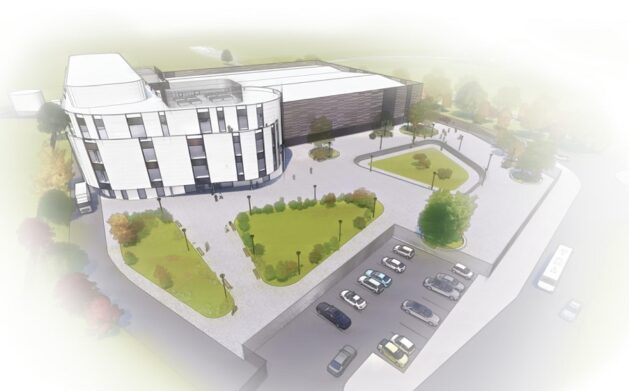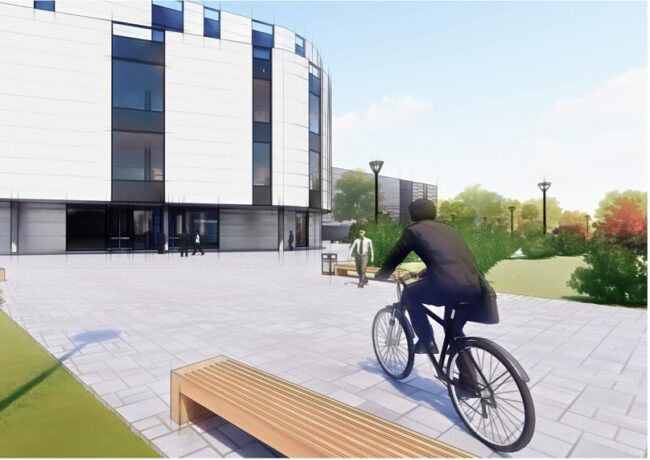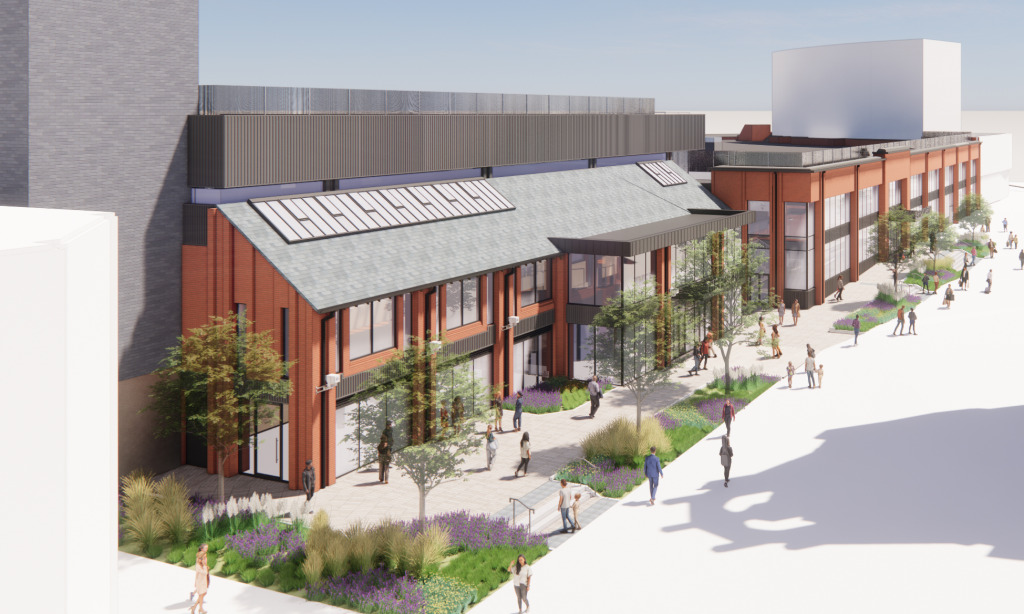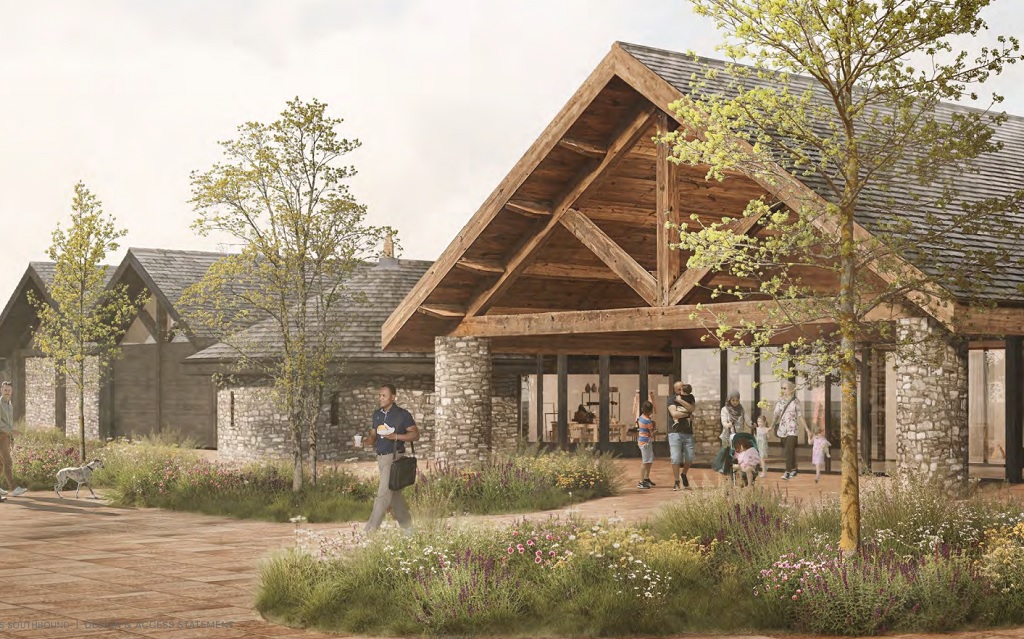Groundworks to begin on £350m Ulverston bio plant
A company called Lakes BioScience has been granted planning permission to start preparatory work to build a biomanufacturing facility to produce medicines at a site in Cumbria.
South Lakeland Council awarded consent for groundworks to begin on the project, which would sit close to Glaxosmithkline’s current Ulverston factory on South Lonsdale Road, which the pharmaceutical giant expects to close over the next four years, it announced last week.
Lakes BioScience, formed from a team of UK industry experts, intends to build its plant on land owned by GSK and which GSK pledged to donate to the community for local economic development uses after ditching its own plans to build a new pharmaceutical factory on the site in 2017.
GSK has operated from its Ulverston plant since 1948, but last week said announced the sale of its cephalosporin antibiotics business to German firm Sandoz, prompting the closure of the site.
Lakes BioScience’s proposal is expected to create 250 jobs at an advanced technology factory producing monoclonal (synthetic) antibodies to improve the UK’s resilience to disease.
Pat McIver, director of Lakes BioScience, said: “[This first planning permission to start groundworks] means we are in an advanced state of readiness to develop the site. Once we win our first [production] contracts, we will submit the second stage of our planning application for permission for work above ground.
“Then we can start producing modern medicines that help the UK’s resilience and start to build the exciting future that Ulverston, Cumbria and the UK deserves.”
Lakes BioScience intends to “put the UK at the forefront of biopharma scientific research, development and manufacture, by building and operating a start-of-the art, fully digitised operation learning from best practices around the world and putting that into one dynamic UK operation,” McIver added.
“The global and national situation regarding the Covid-19 pandemic has shown the need is greater than ever for the manufacturing capability in the UK that would make us less exposed and give us a better chance to respond.”
Funding for the project has been secured through London-based Star Capital Partnership. The groundworks application just approved enables the company to start site engineering and preparatory works, including the
reprofiling of site levels, removal of hard and soft landscaping, the formation of a building slab and other associated works.
The company has not yet set out proposed details of the facility, such as its scale and design. Full details are to be included in the next planning application, Lakes BioScience said. The project team for the groundworks includes Quod as the planner and consultancies Mace, BakerHicks, RHDHV and Arup.
A statement from GSK last week: “At that time and in the absence of any alternative, it would be GSK’s proposal to close its cephalosporins manufacturing operations at Ulverston, Cumbria and the Zinnat building, Barnard Castle, County Durham.” Manufacture of other products at Barnard Castle would not be affected.
The firm, which employs more than 100 people in Ulverston, down from a peak of more than 2,000, added: “GSK is providing support to potentially affected employees and is committed to supporting the local communities affected by the potential closure of manufacturing facilities in the longer term.”
McIver said: “As one door closes, another opens. We have an opportunity to build a new facility to produce modern medicines which will improve the UK’s resilience.”





